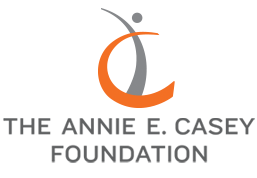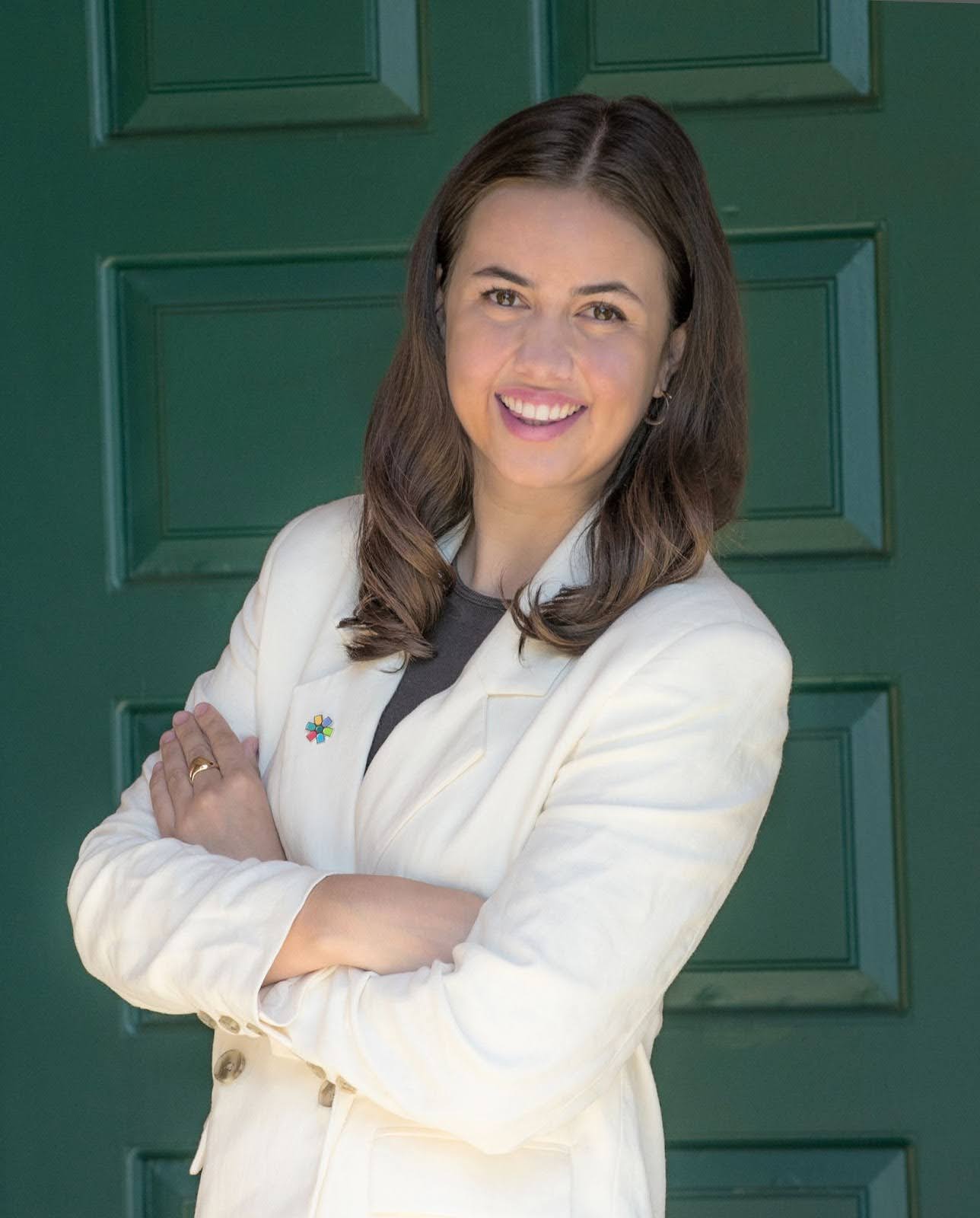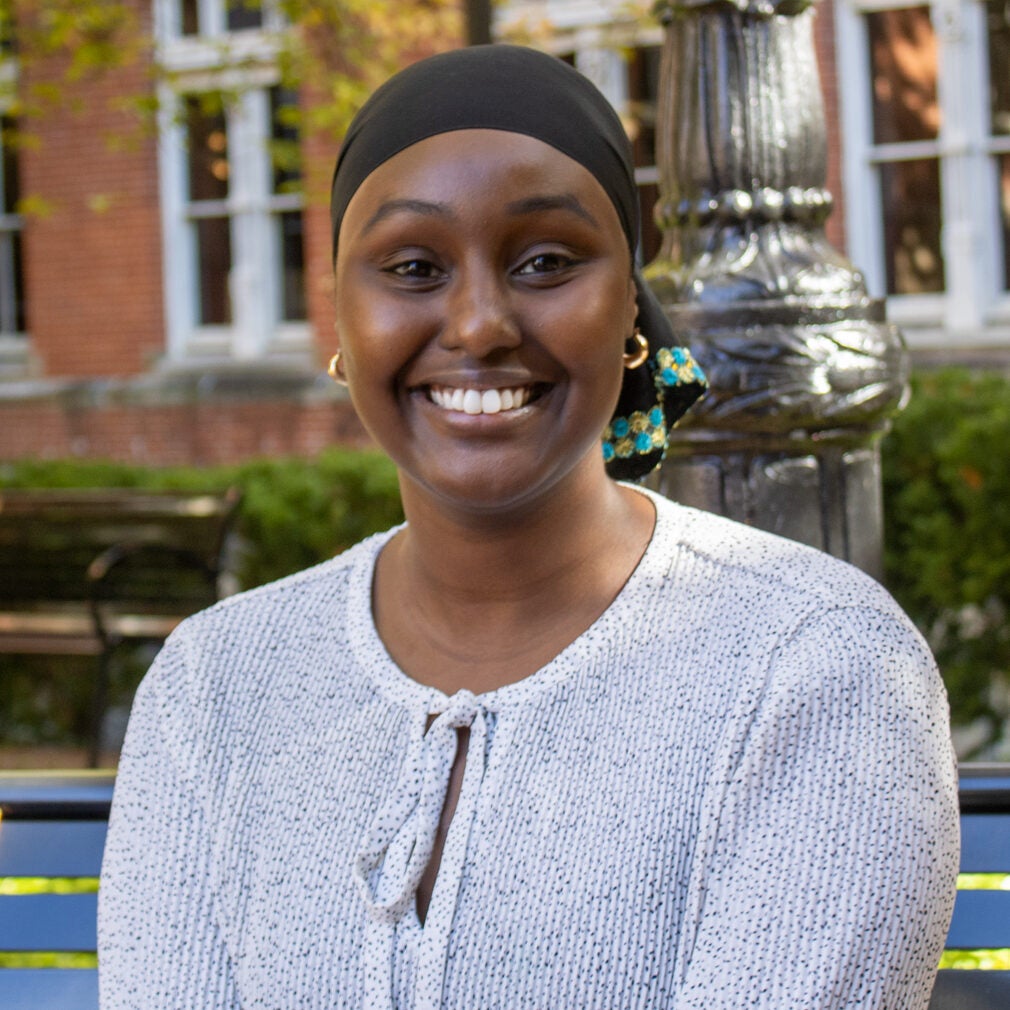Innovation + Incubation Fellowship
Highlights
- Fostering innovation and experimentation in the fields of data, design, technology, and policy to promote social impact.
- Advancing cutting-edge ideas by empowering and enabling practitioners and field experts to push the boundaries of civic technology.

The Innovation and Incubation (I+I) Fellowship is a dynamic program that invites experts from diverse fields into the Beeck Center to research and test innovative ideas at the forefront of civic technology.
The I+I Fellowship program is designed to advance human-centered solutions that make government services more accessible and equitable for those who need them most. Fellows are senior subject matter experts and practitioners in the fields of data, design, technology, and policy who join the Beeck Center team to publish research, document best practices, share lessons learned, and push the field forward with cutting-edge ideas.
I+I Fellowships span 12–24 months, providing the Beeck Center with a dedicated capacity to explore, experiment, and advance the ever-evolving field.
Current I+I Projects
Family Benefits Lab
Led by I+I Fellow Maya Mechenbier, the Family Benefits Lab (FBL) at the Beeck Center applies human-centered design to improve how young mothers access health care, education, and career pathways that build lasting economic security for their families.
Many American mothers lack basic support, such as health care, paid leave, and affordable child care—and barriers for very young mothers are even harder to overcome. As federal support for health and public benefits programs grows more uncertain, the needs of young mothers are only continuing to grow.
FBL conducts qualitative research that elevates the lived experiences of young parents and translates those insights into practical, actionable policy and program interventions. Our team identifies ways to support families sooner, such as connecting mothers to health and nutrition benefits, supporting their educational goals, and preparing them for family-sustaining careers.
FBL is partnering with state and local agencies and community-based organizations in California and Maryland to identify, validate, and test scalable interventions that reduce poverty, expand opportunity, and better support young families. In 2026, we intend to expand our research-in-action model to more states. For more information or to inquire about future partnerships, please contact: FBLBeeck@georgetown.edu.
Artificial Intelligence
As a Beeck Center Innovation + Incubation Fellow, Andrew Merluzzi is guiding work at the intersection of artificial intelligence and public interest technology. His fellowship examines how governments and their partners can harness AI tools to strengthen digital services, improve benefits delivery, and manage data more effectively—while also navigating critical questions of ethics, equity, and public trust.
Through research and advisory support, this initiative will track emerging trends in AI adoption across the public sector, spotlight promising practices, and surface barriers such as technical limitations, legal frameworks, and organizational capacity. By convening policymakers, technologists, and community leaders, the project seeks to highlight what it takes to responsibly scale AI solutions that enhance—not hinder—access to public benefits and services. This program aims to surface resources for agencies and practitioners that can help leaders explore opportunities, anticipate risks, and make grounded, values-driven choices about where AI fits into their work.
Benefits Data Interoperability
Led by Innovation + Incubation Fellow Emily Madden, this initiative explores how privacy-protected data sharing and interoperability can improve the administration of public benefit programs, such as SNAP, WIC, Medicaid,CHIP, TANF, and Unemployment Insurance. These programs support millions of Americans, but fragmented data systems hinder coordination—leaving families with access barriers, states with added burdens, and governments with higher costs and risks.
The project seeks to better understand the current landscape of state and federal data-sharing efforts, legislation, and regulations, surfacing promising practices and outcomes while identifying barriers such as legal, technical, and operational constraints. By engaging stakeholders across states, federal agencies, and partner organizations, the initiative will highlight effective strategies and resource needs, as well as examine how privacy-enhancing technologies can support benefits administration, program integrity, and research.
Through this research, the Beeck Center will develop practical guidance to help states streamline eligibility determinations, improve service delivery, and strengthen equity and program integrity, building more modern and trusted benefits systems.
Supported by









